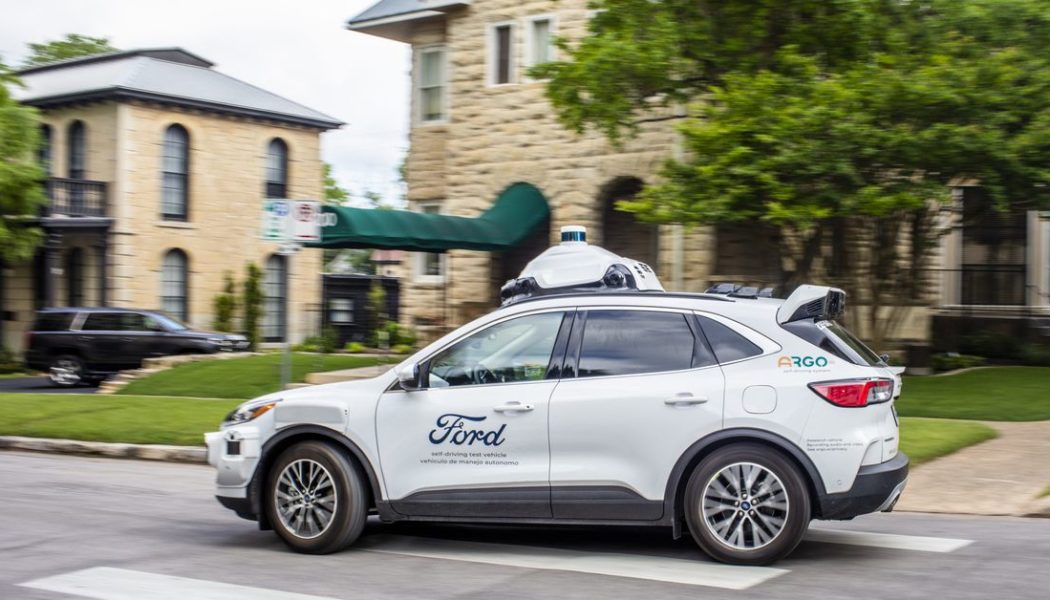
The latest self-driving startup to allow its vehicles to roam the streets without a human minder is Argo AI, the startup backed by Ford and Volkswagen. Last week, the company announced that it is testing its fully driverless vehicles in Miami, Florida, and Austin, Texas. Argo employees will ride in the passenger seat of the vehicles to test out the company’s robotaxi service before it opens to the public.
The announcement comes after a period of consolidation in the AV industry, leaving only a handful of well-funded companies left to push their vision of robotic cars as a solution to the auto safety crisis that has gripped the nation for decades.
Argo has been testing its fourth-generation vehicles in Miami, Austin, and Washington, DC, for the last few years, as well as in Pittsburgh, Detroit, and California. The company is also preparing to launch an autonomous micro-transit and delivery service with VW in Germany, using its fifth-generation autonomous technology, starting in 2025. Argo is the latest to routinely test its vehicles without human safety drivers behind the wheels, following Waymo, Cruise, and Motional.
But Argo is claiming that it is the first company to conduct driverless testing in two cities simultaneously. And it emphasized that its vehicles will operate during “daytime hours,” an apparent reference to the fact that Cruise’s vehicles are only authorized to drive in San Francisco at nighttime.
[embedded content]
“Argo is first to go driverless in two major American cities, safely operating amongst heavy traffic, pedestrians and bicyclists in the busiest of neighborhoods,” said Bryan Salesky, founder and CEO of Argo AI, in a statement. “From day one, we set out to tackle the hardest miles to drive — in multiple cities — because that’s where the density of customer demand is, and where our autonomy platform is developing the intelligence required to scale it into a sustainable business.”
Going driverless is a huge moment for AV companies, mainly because it demonstrates that the technology is mature enough to tackle the core task of driving without a safety driver present to take the wheel in the event of a problem. Argo employees will ride in the passenger seats during this phase of testing as the company prepares to launch a robotaxi service in the near future.
Currently, only a small handful of AV operators have actually deployed fully driverless vehicles, also known as Level 4 autonomous vehicles, on public roads. Waymo, the self-driving unit of Alphabet, has been operating its Level 4 vehicles in the suburbs of Phoenix for several years now, including rides to paying customers. Cruise, a majority-owned subsidiary of General Motors, started operating Level 4 vehicles in San Francisco but has yet to include paying customers.
Motional, a joint venture between Hyundai and Aptiv, is testing its L4 vehicles in Las Vegas. Yandex, the Russian tech giant, tested its Level 4 vehicles in Las Vegas during the Consumer Electronics Show in 2020 but has shut down its operations in the US following the Russian invasion of Ukraine. And Chinese tech firm Baidu started testing its vehicles without safety drivers in its home country in late 2020.
Argo has said it will work with Lyft to launch a commercial ride-hailing service, starting first in Austin and Miami. The company is also working with Walmart on an autonomous delivery service in those cities, including Washington, DC. Human safety drivers will ride in the vehicles when those services launch, with driverless operations integrated over time.









